Introduction to bilberry
Bilberry (botanical name: Vaccinium vitis-idaea Linn.), a plant of the rhododendron family, is native to North America, but is widely distributed in the northern hemisphere from the Arctic to the tropical alpine regions. Bilberry likes to grow in acidic soil rich in organic matter and moist, and like sunlight. Wild bilberries are extremely resistant to cold and can withstand extreme low temperatures of -50°C. Wild European bilberries are widely distributed in Scandinavia (Norway). Bilberry is also cultivated in a large amount in China, widely distributed in the northeast and southwest mountainous areas. There are more than 130 kinds of bilberries, mainly rabbit-eye bilberries, cranberries, Australian bilberries, cranberries and so on. The fruit is nearly round, 0.5-2cm in diameter, blue-black or deep red. It has a long history of being used to treat diabetes and eye diseases in northern Europe, North America and Canada. As a valuable herbal medicine with powerful effects in treating various diseases of the digestive system, circulatory system and eye, it is also mentioned in many ancient documents in Buryatia, Europe and China. Bilberry contains anthocyanins, pectin, tannins, arbutin, vitamin C and B vitamins. Bilberry can prevent hardening and rupture of blood vessels throughout the body. It is also known as “the repairer of capillaries”. It protects eyes, improves vision, prevents cancer, and also improves chronic hepatitis B.
Bilberry Extract’s introduction
Bilberry Extract is the essence extracted from the bilberry plant, and the appearance is a deep purple or purple fine powder. It is rich in flavonoid pigments and antioxidant anthocyanins. More than 15 different anthocyanins are found in bilberries. Anthocyanins can help maintain capillary integrity and stabilize collagen. Anthocyanins are also powerful antioxidants. Numerous clinical studies have shown that bilberry is very effective in treating circulatory system discomfort, varicose veins and other venous and arterial discomforts.
Anthocyanins can stabilize the phospholipids in endothelial cells, maintain the structural integrity of the arterial wall by increasing collagen and mucopolysaccharides, thereby protecting veins and arteries through synthetic compounds. Anthocyanins also prevent the aggregation and adhesion of platelets on the surface of endothelial cells. Studies have also shown that bilberry can stimulate the production of rhodopsin to play a collaborative role in the treatment of retinopathy caused by heme and diabetes.
The benefits of bilberry extract
- Normalization of capillary permeability
Anthocyanins have strong “vitamin P” activity, which can increase the level of vitamin C in cells and reduce capillary permeability and fragility. This function can contribute to the decreased permeability of the blood-brain barrier (increased blood-brain permeability is considered to be related to autoimmune diseases of the central nervous system, schizophrenia, “brain hypersensitivity” and a variety of other mental diseases). The enzymatic and non-enzymatic degradation of brain capillary basement membrane collagen helps maintain the brain’s resistance to drugs and naturally occurring degradation products.
- Vascular disease
In view of its normalizing effect on capillary permeability, bilberry anthocyanins are used to treat fragile capillaries, purpura, various cerebral circulatory disorders (similar to the corresponding effects of Ginkgo biloba), insufficient venous function, varicose veins and other causes. The fragile renal capillaries cause the loss of trace blood in the urine (capillary leakage). Bilberry anthocyanins provide antioxidants, which can eliminate free radicals that harden blood vessels, prevent arteriosclerosis, strengthen venous blood vessels, prevent varicose veins, and prevent ulcers. Therefore, bilberry is known as “the repairer of capillaries in the circulatory system”.
- Bilberry extract for eyes diseases
Bilberry extract has shown a clear helping effect on the eyes, presumably by improving the ability of oxygen and blood to transmit to the eyes. Many eye diseases, including cataract formation and macular degeneration, are ultimately attributed to the damage of free radicals to the eyes. Bilberry extract acts as a powerful antioxidant that protects the eyes from free radical damage.
- Cataract: In a human experiment, bilberry extract stopped cataract formation in 97% of 50 patients suffering from senile cortical cataract.
- Macular degeneration: Bilberry anthocyanins may have an important protective effect against the development of macular degeneration. In one study, 31 patients with different retinopathy (20 with diabetic retinopathy, 5 with retinitis pigmentosa, 4 with macular degeneration, 2 with hemorrhagic retina due to anticoagulant therapy Lesions) received treatment with bilberry extract. All patients have observed a tendency to reduce bleeding with reduced permeability, especially in patients with diabetic retinopathy.
- Glaucoma: Bilberry extract may also play an important role in the prevention and treatment of glaucoma due to its effect on the collagen structure of the eye. In the eye, collagen determines the tension strength and integrity of the tissue.
- Improve vision
Scientific research has shown that the use of bilberry extract in healthy people can lead to improved night vision acuity, faster black vision adjustment, and faster vision recovery after flashes. Further research confirmed the above results. These results are particularly important for individuals suffering from retinitis pigmentosa and day blindness (day blindness-inability to see under daylight light is as clear as under low light).
- Anti-aggregation effect on platelets
Excessive platelet aggregation is related to arteriosclerosis and thrombosis. Anthocyanins, like other flavonoids, show significant anti-polymerization effects on platelets.
- Other effects
- Bilberry juice contains a lot of polyphenolic flavonoids, which have strong antioxidant and antiviral effects, and can significantly improve chronic hepatitis B.
- Bilberry fruits contain special compounds such as ellagic acid, ellagitannin, folic acid, anthocyanins, and flavonoids. These substances inhibit the activity of enzymes that can rapidly proliferate cancer cells.
Suitable The Crowd
-Pilots, drivers, computer operators, people who are often exposed to the sun, and students who are busy with homework need to supplement with bilberry extract, which can effectively improve the retinal adjustment ability and reduce the damage to vision caused by light pollution and light stimulation.
-People with poor immune function, rough skin, fine lines or spots can supplement bilberry extract appropriately;
-People with cataracts, night blindness, high blood sugar (especially eye diseases caused by diabetes), and high blood lipids should supplement bilberry extract appropriately.
Best use method
The dosage will vary depending on the concentrated specifications.
Take the bilberry extract containing 25% anthocyanin standard; the maintenance of ordinary people is about 80 mg per day. When the eyesight begins to decline in middle-aged and elderly people, the dose can be increased to about 160-240 mg per day. 4- For children under 12 years of age, if they have poor eyesight, about 40-80 mg a day is enough; if it is 4:1 or 5:1 bilberry extract, the dosage must be increased by 20 times In order to achieve the same effect.
Because anthocyanins will accelerate the discoloration reaction and lose their activity when exposed to high temperature, it is recommended to refrigerate and take them at low temperatures. Warm water can be appropriately heated in winter, and direct heating is not recommended.
Safety
At the recommended intake, bilberry extract is safe. Extensive toxicological studies have confirmed that bilberry proanthocyanidins have no toxic side effects. At the recommended dose, bilberry extract does not have any known side effects, and excessive intake will be quickly excreted in urine and bile. Bilberry anthocyanins will not interact with general prescription drugs, and there are no known contraindications to use during pregnancy and breastfeeding. In some cases, it may even be recommended during pregnancy to prevent and treat varicose veins and hemorrhoids. In any case, all pregnant and breastfeeding women should consult their personal physician before taking this dietary supplement.
Application field
- Food field: The coloring of vegetable egg products, baked products, etc., is a reddish-brown coloring agent.
- Cosmetics field: can be used as skin antioxidant.
- Health care products field: natural anti-aging and anti-oxidation food additives and supplementary materials.
Today we introduced the source, benefits and application of bilberry extract in details. Hope you can have a more comprehensive understanding of bilberry extract.
Xi’an Herb Bio is a professional herbal extract supplier from China, which can provide you with high quality and competitive price of bilberry extract. If you need to know more and order it, please click here to contact us. Hope you can forward it to more people who need and like to learn about bilberry extract. We appreciate it very much.

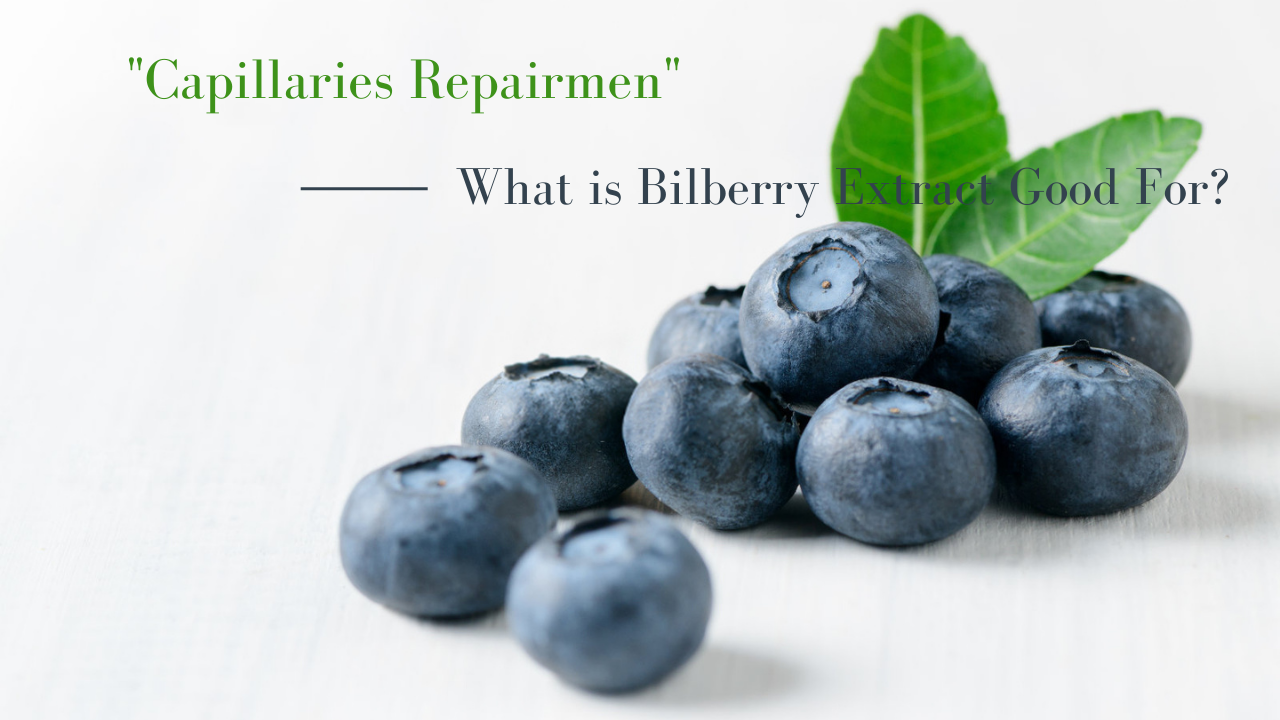
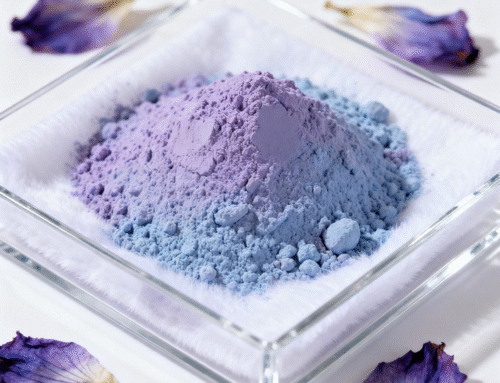
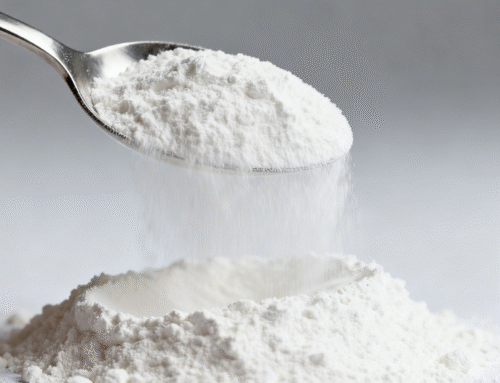
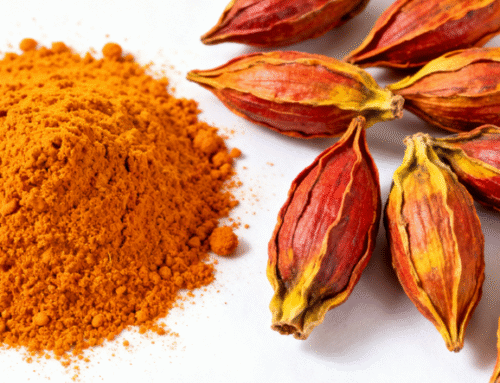
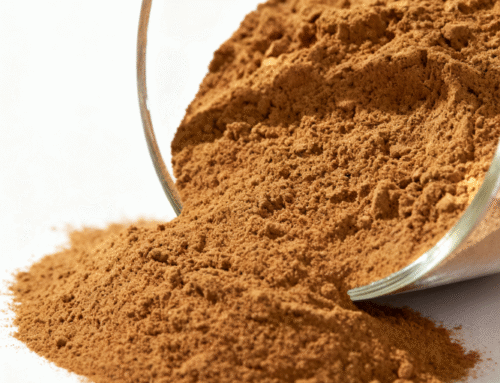
Leave A Comment